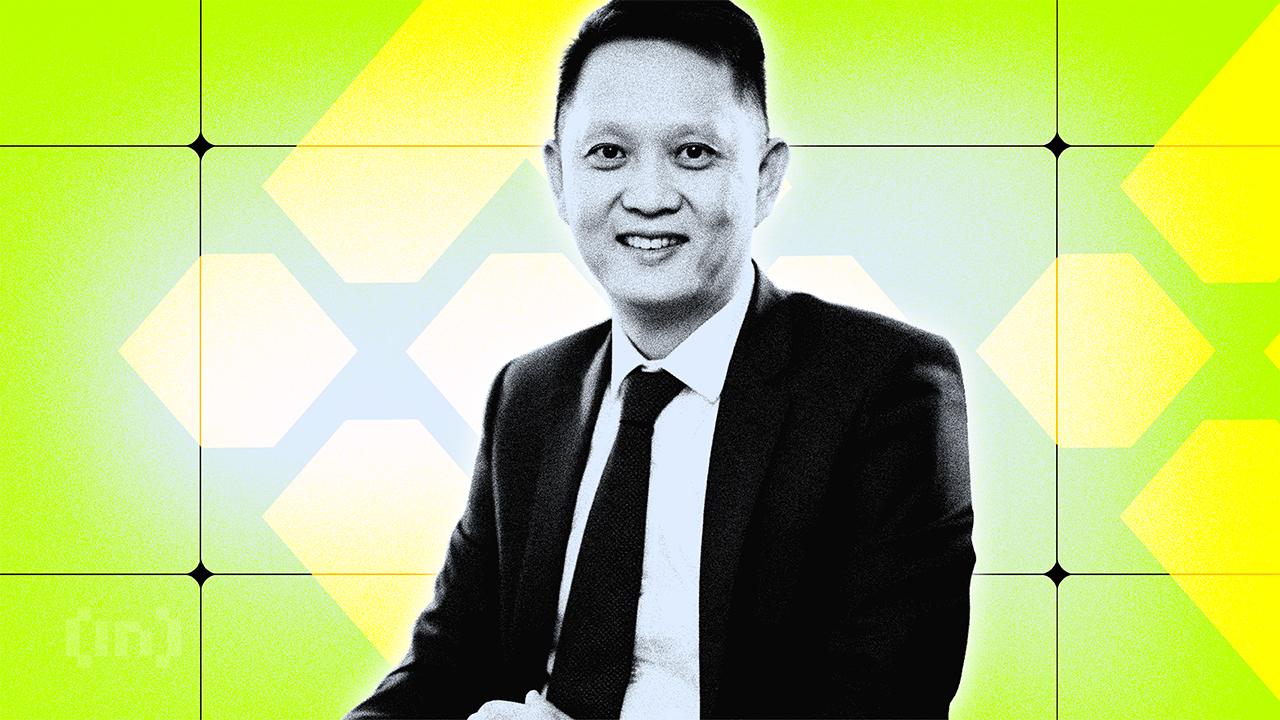Richard Teng’s Leadership at Binance: Transforming a Controversial Platform into a Key Player in Global Cryptocurrency Regulation

Under Richard Teng’s guidance, Binance has evolved from its early reputation as a loosely regulated exchange to becoming a pivotal architect in shaping worldwide crypto policies. His strategic vision has positioned the platform at the forefront of regulatory discussions, fostering collaboration with financial authorities and setting new standards for compliance in the digital asset space. This transformation underscores Binance’s commitment to legitimizing cryptocurrency markets while maintaining innovation and user trust.
Binance Transitions from Regulatory Outlaw to Shape Global Crypto Policy
Binance, once the poster child of crypto’s regulatory defiance, is emerging as an unlikely policy advisor to governments worldwide.
This is according to recent comments by CEO Richard Teng, who explained how the exchange is reshaping its image from a regulatory pariah to a trusted advisor across multiple jurisdictions.
Speaking to the Financial Times, Teng revealed that “quite a lot” of countries have approached the exchange to assist in designing their national crypto regulatory frameworks.
According to Richard Teng, Binance now boasts a form “that regulators appreciate much more compared to the past.” Reportedly, nearly 25% of its 6,000-strong workforce operates in compliance roles.
Teng also confirmed that Binance advises several nations on establishing strategic crypto reserves. This initiative mimics Trump’s plan to position Bitcoin as a sovereign reserve asset in the US.
“We have actually received quite a number of approaches by a few governments and sovereign wealth funds on the establishment of their own crypto reserves,” Teng said.
The exchange’s ambitions do not stop at policy consulting. Binance is exploring a global headquarters, potentially ending its long-standing status as a decentralized, stateless entity.
“It requires serious deliberation,” Teng said, noting that the company’s board and senior leadership are evaluating options.
Adding another political layer, Trump-aligned crypto initiative World Liberty Financial plans to launch a stablecoin using Binance’s blockchain. Such a move would further embed Binance within the geopolitical crypto web, with Teng succinctly summing up the company’s changing fortunes.
“We’ve benefited greatly in the past few months from the policies coming out from the US. I think the sentiment has shifted a lot,” he concluded.
Even as Binance’s global role expands, its founder and former CEO, Changpeng Zhao (CZ), recently became an advisor on blockchain policy in Pakistan. This deepens Binance’s governmental influence in emerging markets.
Trump’s Pro-Crypto Policies Offer Binance A Clean Slate
Meanwhile, this dramatic pivot comes amid a broader shift in US crypto policy under President Donald Trump. Recently, Trump ordered the creation of a national Bitcoin reserve and digital asset stockpile.
This suggests that Trump’s crypto pivot has spurred global interest in sovereign cryptocurrency strategy, with countries eyeing Binance as the steward.
“Compared to many other jurisdictions, [the US] is way ahead on that front,” Teng noted.
These developments align with recent reports. Binance is also in ongoing discussions with the US Treasury to ease regulatory tensions as the exchange considers reentering the American market.
Meanwhile, the US SEC (Securities and Exchange Commission) has halted its investigation into Binance amid productive talks.
Despite this transformation, Binance remains under scrutiny in Spain with criminal accusations of investor misappropriation. French authorities also continue investigating its alleged violations of European anti-money laundering laws.
For its part, the US has imposed a five-year monitoring regime led by FinCEN to ensure ongoing compliance.

